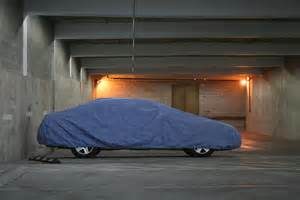 Every vehicle on the road needs insurance coverage. You might be able to drop insurance, though, on a car you don’t drive. Learn more as you ensure you have the right insurance for all of your vehicles.
Every vehicle on the road needs insurance coverage. You might be able to drop insurance, though, on a car you don’t drive. Learn more as you ensure you have the right insurance for all of your vehicles.
1. Someone else will use your car while you’re out of the country for an extended time.
Even though you’re working or traveling outside the U.S. for a year or longer, you can still remain a registered vehicle owner and allow someone else to use your car. Contact your insurance agent to add a driver to your policy or add your car to the driver’s policy.
2. You keep a car for someone even though you’re not a licensed driver.
There are several reasons why you may not drive.
*You never got your license
*You’re disabled
*You gave up driving because of old age
*You lost your license due to reckless driving or a DUI
In these cases, you can still have a vehicle in your name but be excluded as a driver on the policy. Tell your insurance agent why you aren’t licensed and provide details on the licensed driver. In most cases, the licensed driver must be someone in your household.
3. The vehicle will not be driven for months at a time.
You might want to buy a classic car and store it in the garage until you can fix it up or maybe you can’t pass up a deal on a vehicle for your 14-year-old son. These circumstances can be grounds for owning a car that’s not insured. Discuss your options with your insurance agent, though. All vehicles with liens must typically be insured. And while you may be able to drop insurance on a vehicle that’s non-operable and not parked on public land, some states require all vehicles to carry liability coverage.
When you don’t drive a vehicle you own, you might be able to drop auto insurance coverage. Since auto insurance requirements vary by state, discuss your needs with your agent, and make sure you have adequate coverage for all your unique circumstances.





